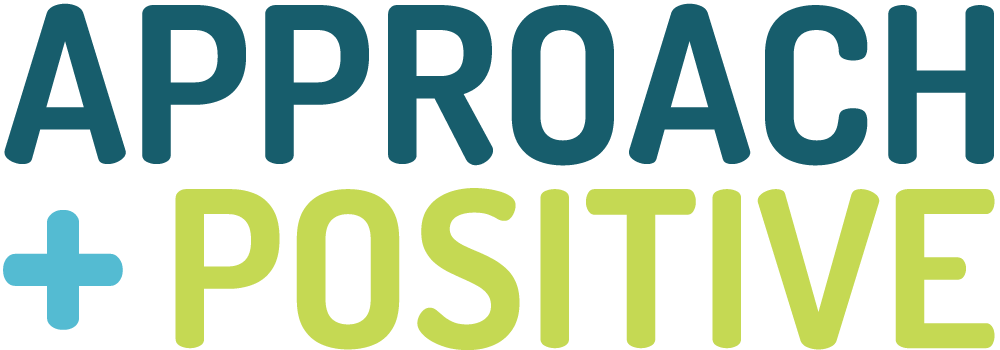If you or your business are entering the world of digital marketing, it’s important to be familiar with and understand the lingo. If you’re not so new, there’s always a lot changing in the digital marketing space, and brushing up on your terminology is necessary for your business to stay on the cutting edge. Get informed with these need-to-know digital marketing terms.
- Acquisition – when a website visitor becomes a customer or produces a lead.
- Content Marketing – any text, image, audio or video produced for an online audience to obtain a new customer or sale.
- SEO (Search Engine Optimization) – a collection of strategies and techniques used to increase the amount of website visitors through search engines. This includes selecting the best keyword or phrase for your website page content and a series of ‘back-end’ work such as developing metadescriptions for your page content and images.
- Impressions – the amount of people who have come into contact with your website, tweet, advertisement, etc.
- Social Media Marketing – advertisements created and shown on social media platforms to redirect target audience to a website.
- Conversion Rate – the amount of users who take the desired action of the advertisement.
- SEM (Search Engine Marketing) – blogging, keywords, etc. Actions taken to influence SEO.
- Keyword – word or short phrase used on websites to increase SEO by relevance to what the customer is searching for.
- Organic Search – search engine results that appear because of the actual search terms and not because of boosted or paid marketing.
- CPA (Cost Per Acquisition)- online marketing tactic used by advertisers paying for each acquisition.
- Referral Traffic – Often viewed in Google Analytics, it shows how many visitors from your site visited and where from.
- Bounce Rate – the website visitors who stray away from the site after only viewing one page.
- Segmentation – a marketing strategy that divides a broad target audience into a subcategory with similar interests or needs.
- Responsive Design – website development focused on being user-friendly and adaptable no matter the device used to view it. This is especially relevant for websites viewed on mobile phones and tablets.
- Sentiment – the tone of a certain market based on price representation.
- Customer Persona – a tool used to create strategic content that appeals to your target audience based on their interests and demographics.
- LTV (Lifetime Value) – the prediction of the net profit that will potentially contribute to the future relationship with a customer.
- Landing Page – the page of a website that was accessed by clicking on a link from a different website, typically focused on a specific message or call to action. It can be used to capture leads and to send people deeper into your website.
- A/B Testing – tool used to compare two versions of your website or email newsletter to see which one has a higher performance. For email marketing, you may want to test subject lines, list segments, or time of day the email is sent. For websites, you may test different landing pages.
- Hyperlink – a link from a hypertext file or document that leads to another location or file.
- Local SEO – targeting search engine optimization to a specific geographic region, using tools such as Get Local Listed.
- Mobile App – a software application designed for smaller wireless and mobile devices, typically used to increase customer retention, brand loyalty, or higher conversion rates.
- Marketing Automation – software that assists in automating marketing actions, usually used in email marketing and social media marketing.
Your friends at Approach Positive don’t only know the digital marketing lingo, we know how to put the words to action. If you’re looking for effective marketing strategies and campaigns, we’ve got your back. Contact us for your free consultation today!

